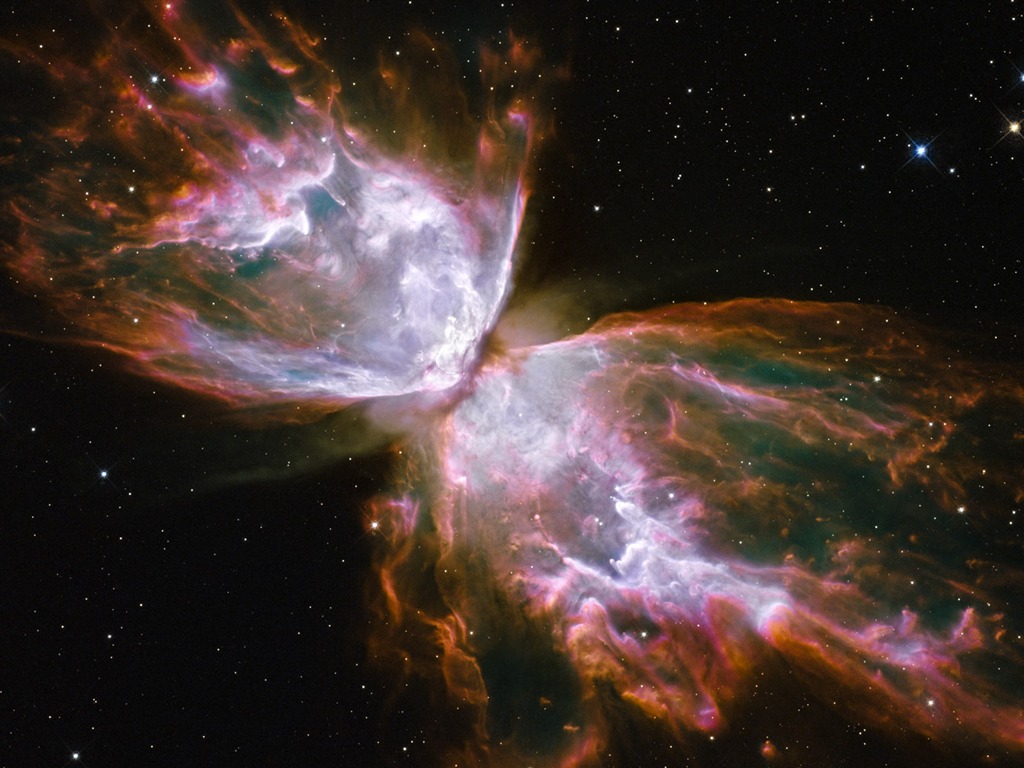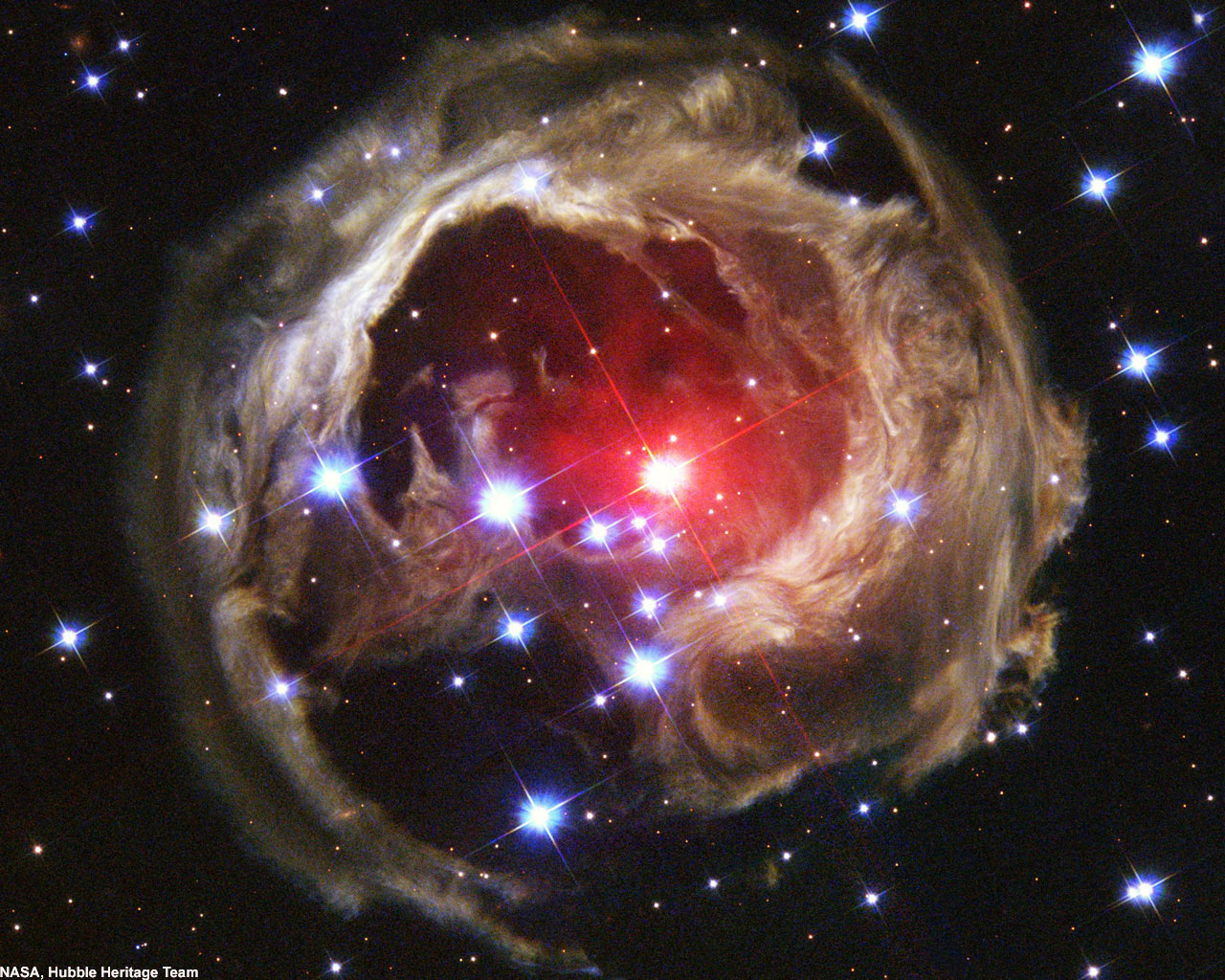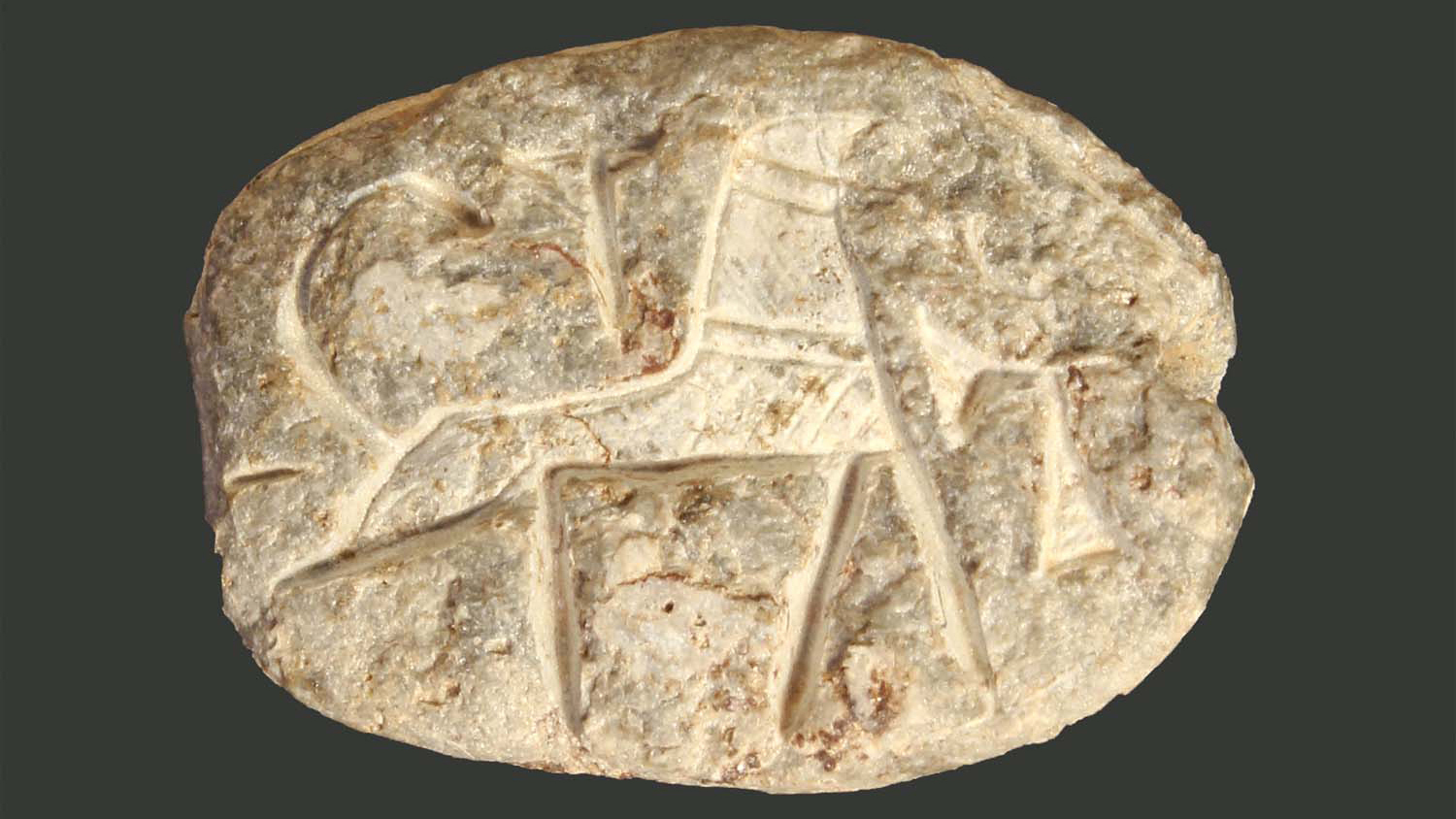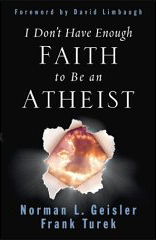151. YOU RETIRING? “Don’t put a period where God is putting a comma. Let Him punctuate your life story as He sees fit.” — Unknown
152. TAKE ACTION “Our grand business is not to see what lies dimly at a distance, but to do what lies clearly at hand.” –Thomas Carlyle
153. WHAT MAKES A MANLY MAN “A willingness to subordinate his own desires and aspirations to greater causes: his God, his nation, and his family. He put the welfare and security of others before his own. He knows he is blessed by a sovereign and loving God to be an American, and he believes his family is a gift from God for which he is responsible. Physical strength is never what makes a man manly. Rather, it is moral strength that identifies the true man.”
Excerpt From: Mansfield, Stephen. “Mansfield’s Book of Manly Men.
154. SELF-MADE MEN? “If you know history, you know that there is no such thing as a self-made man or self-made woman. We are shaped by people we have never met.” —David McCullough
155. EMPATHY “How far you go in life depends on your being tender with the young, compassionate with the aged, sympathetic with the striving, and tolerant of the weak and the strong. Because someday in life you will have been all of these.”—GEORGE WASHINGTON CARVER
156. ATTITUDE “I believe the single most significant decision I can make on a day-today basis is my choice of attitude. It is more important than my past, my education, my bankroll, my successes or failures, fame or pain, what other people think of me or say about me, my circumstances, or my position. Attitude . . . keeps me going or cripples my progress. It alone fuels my fire or assaults my hope. When my attitudes are right, there’s no barrier too high, no valley too deep, no dream too extreme, no challenge too great for me.
Yet, we must admit that we spend more of our time concentrating and fretting over the things that can’t be changed in life than we do giving attention to the one thing that can, our choice of attitude.”
Excerpt From: Charles R. Swindoll. “Wisdom for the Way.”
157. G.K CHESTERTON CLASSICS:
“Art, like morality, consists of drawing the line somewhere.”
“Do not free the camel of the burden of his hump; you may be freeing him from being a camel.”
“Fallacies do not cease to be fallacies because they become fashions.”
“I’ve searched all the parks in all the cities and found no statues of committees.”
“Moderate strength is shown in violence, supreme strength is shown in levity.”
“No man knows he is young while he is young.”
“One of the great disadvantages of hurry is that it takes such a long time.”
“People generally quarrel because they cannot argue.”
“The Christian ideal has not been tried and found wanting. It has been found difficult and left untried.”
“There is no man really clever who has not found that he is stupid.”
“The reformer is always right about what is wrong. He is generally wrong about what is right.”
“To be clever enough to get all the money, one must be stupid enough to want it.”
158. GOLF “If you think golf is relaxing, you must not be playing it right.” — Bob Hope
159. GRAVEYARD The story goes that a fellow was walking past a cemetery when he noticed a tombstone with the following inscription:
“As you are now, so once was I.
As I am now, you are sure to be.
So may I say, as now I lie,
Prepare yourself, to follow me.”
The gentleman took out a piece of chalk and wrote underneath the inscription:
“To follow you I’m not content,
Until I know which way you went.”
Excerpt From: Wooden, John. “Wooden: A Lifetime of Observations and Reflections On and Off the Court.”
160. THE UNIVERSE “When Francis Bacon spoke of the mysteries of science, he made it sound as if God had set up an Easter egg hunt to entertain a pack of toddlers. God “took delight to hide his works, to the end to have them found out.”
Why would God operate in such a roundabout way? If his intent was to proclaim His majesty, why not arrange the stars to spell out BEHOLD in blazing letters? To seventeenth-century thinkers, this was no mystery. God could have put on a display of cosmic fireworks, but that would have been to win us over by shock and fear. When it came to intellectual questions, coercion was the wrong tool. Having created human beings and endowed us with the power of reason, God surely meant for us to exercise our gifts. The mission of science was to honor God, and the best way to pay Him homage was to discover and proclaim the perfection of His plans.”
Excerpt From: Dolnick, Edward. “The Clockwork Universe.”













